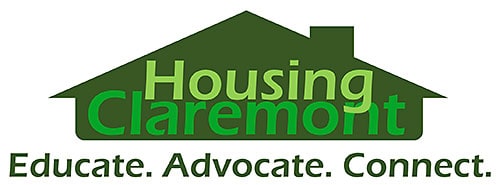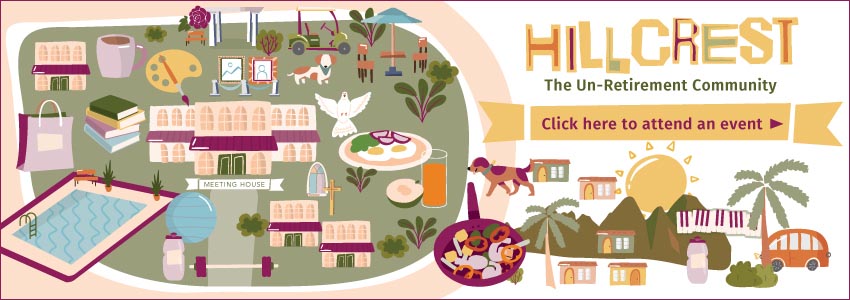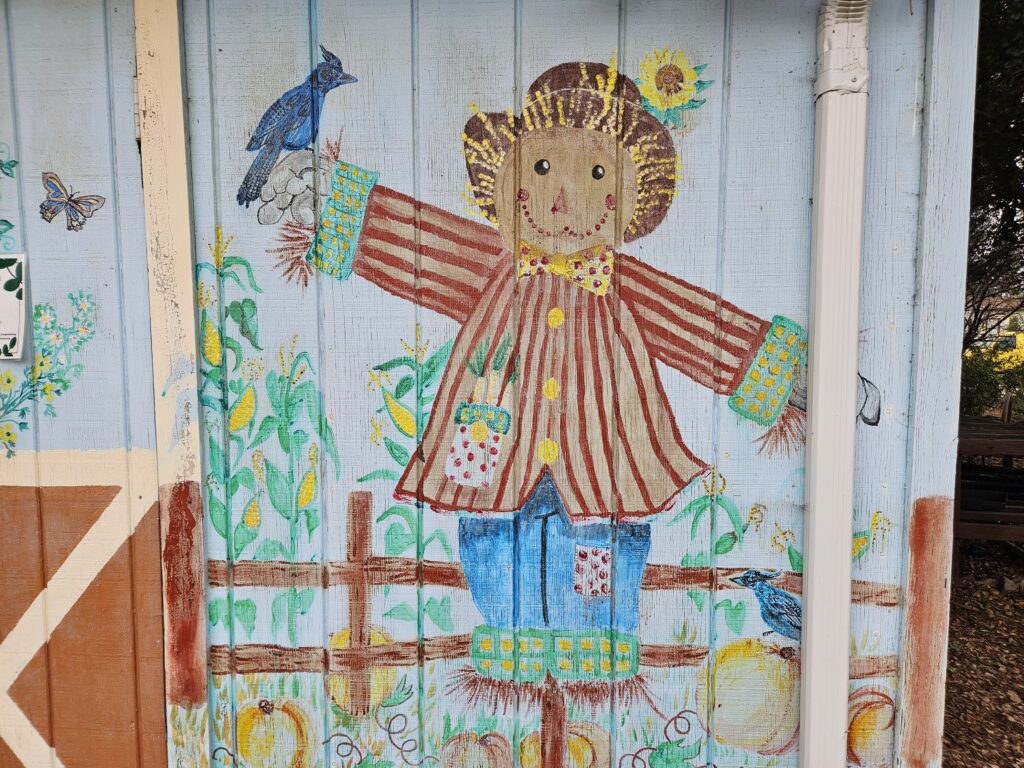New nonprofit to address city’s housing issues

Housing Claremont is a new nonprofit dedicated to advocating for the homeless and those in need of affordable housing.
The group will make its debut during a free gathering at Garner House on Wednesday, February 12 at 6 p.m. Zach Courser, professor of government at Claremont McKenna College and a former traffic and transportation commissioner, is the president, acting executive director and, as he quipped, “chief bottle washer” of the new group.
He told the COURIER he was approached last year by former city councilmember Joe Lyons, who himself is a longtime advocate on behalf of the homeless in the San Gabriel Valley. Mr. Courser is no stranger to the cause—he has extensive experience working with the Claremont Homeless Advocacy Program (CHAP).
The idea was to create a group similar to Sustainable Claremont—a volunteer organization in the community that would help bring services to the homeless and advocate for the creation of more affordable housing.
“So I said I’ll take it on, and we spent the first year figuring out what would we be doing, and what this organization would look like, because it’s somewhat unique.” Mr. Courser said. “What we’re hoping in some ways is that our efforts and organizations can stand as an example for other communities that would like to—or have the resources to—engage in housing and homelessness issues locally.”
One of the main issues Housing Claremont wants to advocate for is more affordable housing in Claremont. Affordable housing has been a hot-button topic in the City of Trees—a microcosm of a statewide affordability and housing crisis that has put the state and local municipalities at odds.
Claremont has an inclusionary housing ordinance that groups such as Inclusive Claremont say does not go far enough—housing developers are given an option of setting aside 15 percent for moderate-income housing, 10 percent for low-income housing, or paying an in-lieu fee to the city.
Claremont has also been struggling with being up to date on its housing element—a part of the city’s general plan part of which allocates space to house different levels of affordable housing as mandated by the state.
Mr. Courser said one of the goals of Housing Claremont is, “Advocating on behalf of policies and helping to coordinate and organize resources that can build or designate more affordable housing options for this community, to make it a more inclusive place to live and to make Claremont a more welcoming place for everyone to live in.”
While the official kickoff party is next Wednesday, Housing Claremont has already notched a couple of victories. In December 2019, the group wrote a successful $13,000 grant to the outgoing Claremont Community Foundation (CCF) for an employment training and educational program for CHAP. The group also has provided clothing and other needed supplies for children in the Claremont Unified School District (CUSD) who are experiencing homelessness.
Mr. Courser noted the CUSD’s own count identified over 600 students in their district who are homeless or in need of permanent housing.
“These are not students you are going to see on the streets,” Mr. Courser said. “But it does mean there are a lot of families and children in our community that are either homeless or inadequately housed, and we need to bring resources and focus attention on these kinds of problems in our community.”
Mr. Courser said that CUSD board member Nancy Treser Osgood will be on Housing Claremont’s board as well.
Another vulnerable group Housing Claremont wants to focus on are the city’s seniors, many of whom are living on a modest fixed income and can be negatively affected by rent hikes or cost of living increases.
One way to help this group is by conducting a senior census, which will help identify needs and make it easier to allocate resources, Mr. Courser said.
The organization is planning an informational workshop for residents to get informed about building accessory dwelling units (ADUs), which is seen as a way to alleviate the housing crisis.
“What we want to do is inform people on what these ordinances are, have them talk to some contractors to know exactly what they can build and hopefully maybe even talk about financing,” Mr. Courser said. “Because we want to make this seem like something that’s very doable.”
The city is in the middle of recalibrating its own ordinance after the state further loosened requirements to build an ADU.
It’s important for cities like Claremont to use their local control over land use to provide aid to the homeless and create more affordable housing, he said. In the wake of Senate Bill 50’s failure last week, the onus is on cities to be more inclusive, otherwise the state could take some of that power away.
Housing Claremont is looking to grow, and Mr. Courser said that he hoped the kickoff party would be an opportunity for people to join the cause and volunteer their time. Already, the group has worked with Councilmember Jed Leano serving as a liaison for the city, as well as Inclusive Claremont.
The main goal, he said, is to build an ongoing effort around the issues of housing and homelessness.
“I don’t know if they’ll ever be solved fully, but there’s a lot we can do to mitigate homelessness and also try to make housing more affordable and educate the community about why this could actually be not only the right thing to do, but a win-win,” he said.








0 Comments